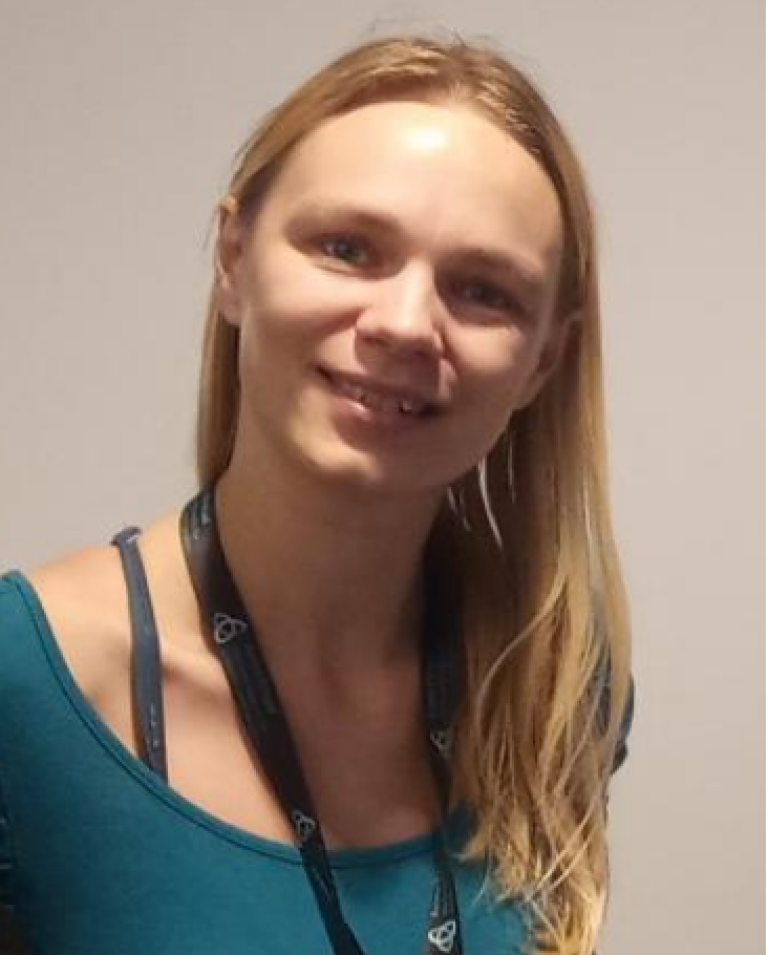Blog: Welcoming diversity in Anna Freud’s Annual Researcher Internship
11 April 2024
Former intern Holly Norcop gave us an insight into her experience of the Anna Freud annual researcher internship, which is now live for applications in 2024.

Yes, I would recommend a researcher internship! Anna Freud houses some of the kindest and most knowledgeable staff team I've ever met.
This internship is also for people who may have personal or physical struggles accessing or re-entering a workforce. I want more people who may feel nervous and doubt their worth for whatever differences they think to an 'average' worker to apply and know there is flexibility here to support you as you need to be supported.
I know that even mild differences can bring lots of internalised shame and often some experiences of workplace discrimination and exclusion. I'm not someone with many access needs, but I know there will be a high proportion of people out there who have unmet adjustments, perhaps undiagnosed /or under-diagnosed learning difficulties, or chronic mental and/or physical health conditions.
I find diversity schemes uncomfortable because I don't want to sell parts of what already makes me feel vulnerable and faulty. I also want to stay in my lane and not unfairly take up another person's opportunity with more significant employment barriers because I can manage (if not thrive) without many adjustments from an employer.
So, I took my doubts and the job application to my Scope mentor. (Scope offers a free remote supportive employment service for people with disabilities.) She explained how her experiences as a disabled woman improved her coaching role by increasing her compassion for people with all kinds of lived experiences that make them a unique addition to the workforce. She could also advise me on how she expressed those to employers already searching for those perspectives.
My Scope mentor was right. My neurodiverse mind has been an asset to team projects, whether that's instinctually knowing how to simplify academic language (because I'm not naturally great at reading myself) or being able to relate to some of the research participants' experience in an interview schedule I'm coding. It all helps, and you will be able to learn fresh perspectives from the diverse backgrounds of your intern cohort that, unfortunately, even established researchers and clinicians may be less able to access in the current mental health workforce.
I encourage you to apply and trust the interview process to determine your suitability rather than you (it's a pretty simple process). If you are hired, you can always open the door for the next person by highlighting the weird and beautiful ways we all might need to work differently together as a staff team, so the project work is well delivered and expressed to support the well-being of young people from every walk of life in the UK.
Applications for the 2024 cohort are now open, you can find out more here.
 Close
Close

